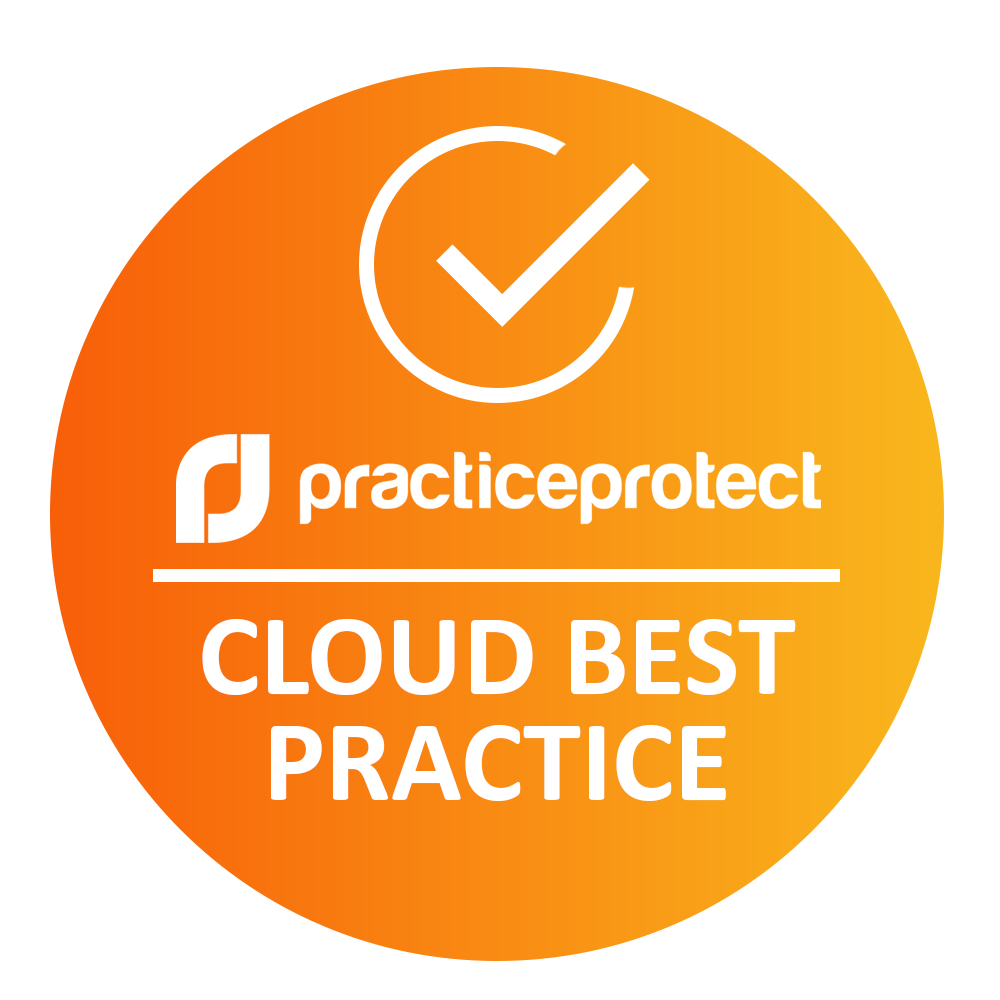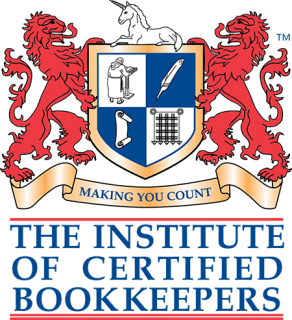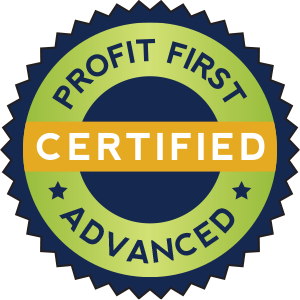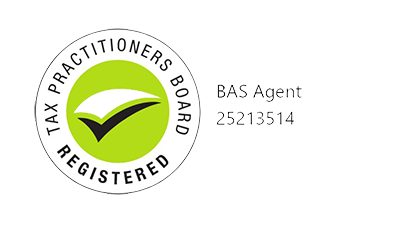Cashflow, quite simply, is the lifeblood of any business. Think of it like this: your business is a car and cash flow is the gasoline. Without gasoline, your fancy car is just a hunk of metal, right? The same goes for your business. Without a healthy cash flow, paying the bills, investing in new equipment, or even giving yourself a well-deserved salary is tough. That’s why keeping an eye on your cash flow is crucial, not just once in a while, but regularly.
What happens when you mismanaged your cashflow?
Poor cash flow management can have serious, even devastating, consequences for a business. It’s like running out of gas in the middle of nowhere – suddenly, you’re in trouble. You might miss out on critical opportunities because you simply don’t have the cash on hand. Worse, you might not be able to meet your immediate obligations, like paying suppliers, covering operating costs, or even paying your staff. Over time, these issues can damage your reputation and relationships. Just like a car won’t run without gas, your business can’t operate without cash. In the worst-case scenario, poor cash flow management can lead to bankruptcy, even if your business is profitable on paper. That’s why maintaining a healthy cash flow isn’t just a nice-to-have, it’s an absolute must for the survival and growth of your business.
Tips in improving cashflow
- Forecast Your Cash Flow: Just like you’d check the weather before a road trip, it’s crucial to predict your future cash inflow and outflow. This way, you can spot potential shortfalls in advance and take necessary actions.
- Cut Costs Where You Can: Just as you’d stop for gas when it’s cheaper during a road trip, look for ways to reduce your business expenses. This could be renegotiating contracts with suppliers or reducing overhead costs.
- Encourage Speedy Payments: Offer incentives for customers to pay quickly, much like getting fast pass tickets to avoid long lines. This could be a discount or other incentive to encourage prompt payment, improving your immediate cash flow.
- Maintain Cash Reserves: Always have some cash set aside for unexpected expenses. Just as you’d pack a spare tire for a road trip, always have a financial buffer for your business.
- Regular Review of Prices and Profit Margins: Just as you’d regularly check your road map to make sure you’re still on track, routinely review your pricing strategy and profit margins to ensure you’re maximizing your income.








